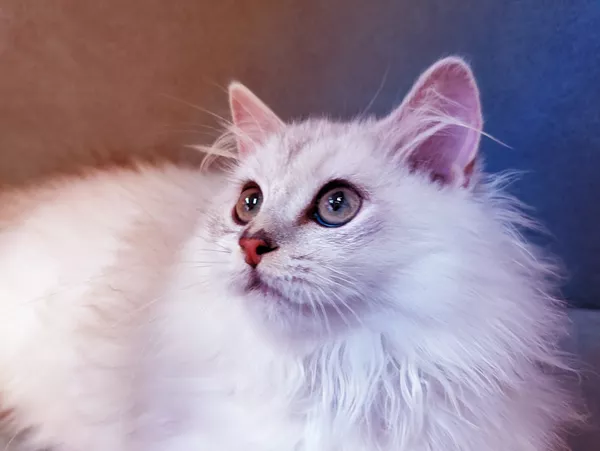Owning a British Shorthair cat can be a rewarding experience, offering companionship, affection, and a furry friend to share your home with. However, the joy of having a British Shorthair cat comes with financial responsibilities. In this article, we will explore the various costs associated with caring for a British Shorthair cat, from initial expenses to ongoing maintenance.
Initial Expenses: Acquiring Your British Shorthair Cat
Acquiring a British Shorthair cat involves an initial investment. The cost of purchasing a British Shorthair cat from a reputable breeder can range from $800 to $3,000, depending on factors such as pedigree, color, and the breeder’s reputation. It’s crucial to choose a breeder who prioritizes the health and well-being of their cats to ensure a happy and healthy feline companion.
Vaccinations and Health Checks
After bringing your British Shorthair cat home, veterinary care is a priority. Regular vaccinations, deworming, and health checks are essential for maintaining your cat’s well-being. Initial veterinary expenses can vary but typically range from $100 to $300, depending on your location and the specific services required. These early veterinary visits are crucial for preventing and detecting potential health issues in your British Shorthair cat.
Nutrition and Feeding Costs
British Shorthair cats have specific dietary needs to maintain their distinctive physique and coat quality. High-quality cat food, formulated for their breed and age, is essential. Expect to spend around $20 to $50 per month on premium cat food, depending on the brand and your cat’s size. Additionally, treats, supplements, and occasional special dietary requirements may contribute to the overall cost of nourishing your British Shorthair cat.
See Also: How much should british shorthair eat?
Housing and Bedding
Creating a comfortable and safe environment for your British Shorthair cat is crucial. Expenses for cat essentials such as litter boxes, scratching posts, and cozy bedding can add up. On average, budget around $50 to $150 for initial housing and bedding expenses. These items not only contribute to your cat’s well-being but also help satisfy their natural instincts for scratching and nesting.
Grooming and Hygiene
The British Shorthair cat’s dense, plush coat requires regular grooming to prevent matting and reduce shedding. Investing in grooming tools, such as brushes and nail clippers, is essential for maintaining your cat’s hygiene. While grooming costs can vary, allocate approximately $50 to $100 per year for grooming supplies and potential professional grooming services.
Toys and Enrichment
British Shorthair cats are known for their playful and curious nature. Providing stimulating toys and activities is essential for their mental and physical well-being. Budgeting for toys, climbing structures, and interactive play items can cost approximately $20 to $50 per month, ensuring your British Shorthair cat remains active and entertained.
Insurance and Veterinary Emergencies
Unexpected veterinary emergencies can arise, and having pet insurance can help offset the financial burden. Pet insurance premiums typically range from $20 to $50 per month, depending on coverage and your cat’s age. This investment can prove invaluable in covering unforeseen medical expenses, providing peace of mind for responsible British Shorthair cat owners.
Breeding Considerations
If you decide to breed your British Shorthair cat, additional costs come into play. Responsible breeding involves genetic testing, veterinary care for the mother and kittens, and potential stud fees. Breeding expenses can vary significantly, but it’s essential to prioritize the health and well-being of the cats involved.
Training and Behavioral Classes
Investing in training and behavioral classes for your British Shorthair cat can contribute to a harmonious relationship. While not mandatory, these classes can help address specific behavioral issues or enhance your cat’s social skills. On average, expect to allocate around $50 to $100 for training classes, promoting a positive and cooperative bond between you and your British Shorthair cat.
End-of-Life Considerations
As your British Shorthair cat ages, end-of-life considerations become a part of responsible pet ownership. Veterinary care for senior cats, potential medications, and end-of-life services should be factored into your budget. While these costs can be emotionally challenging, preparing for them ensures that your cat receives the care and dignity they deserve in their later years.
Conclusion
Owning a British Shorthair cat is a delightful experience that comes with financial responsibilities. From initial expenses to ongoing care, budgeting for the well-being of your feline companion is crucial. By understanding the costs associated with a British Shorthair cat and planning accordingly, you can provide the love, care, and attention your beloved pet deserves throughout their life.
Related Topics:
How to look after a British shorthair kitten
Are British Shorthair Cats friendly?
Are british shorthair cats intelligent?

























